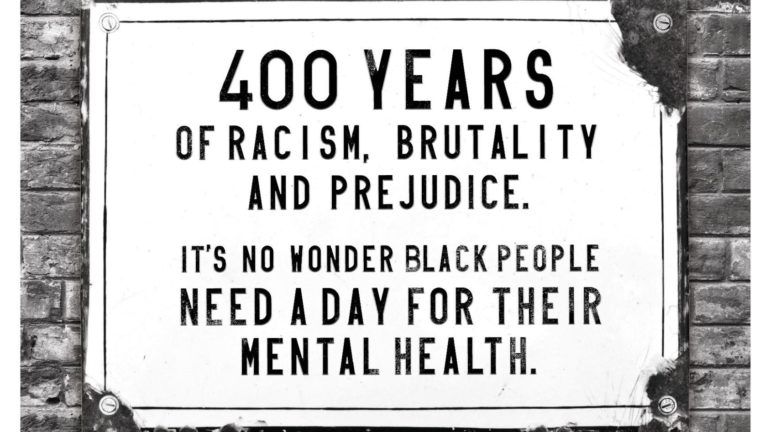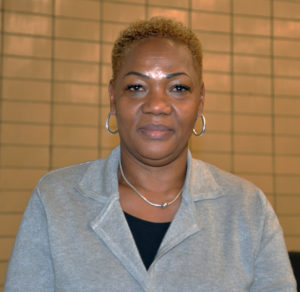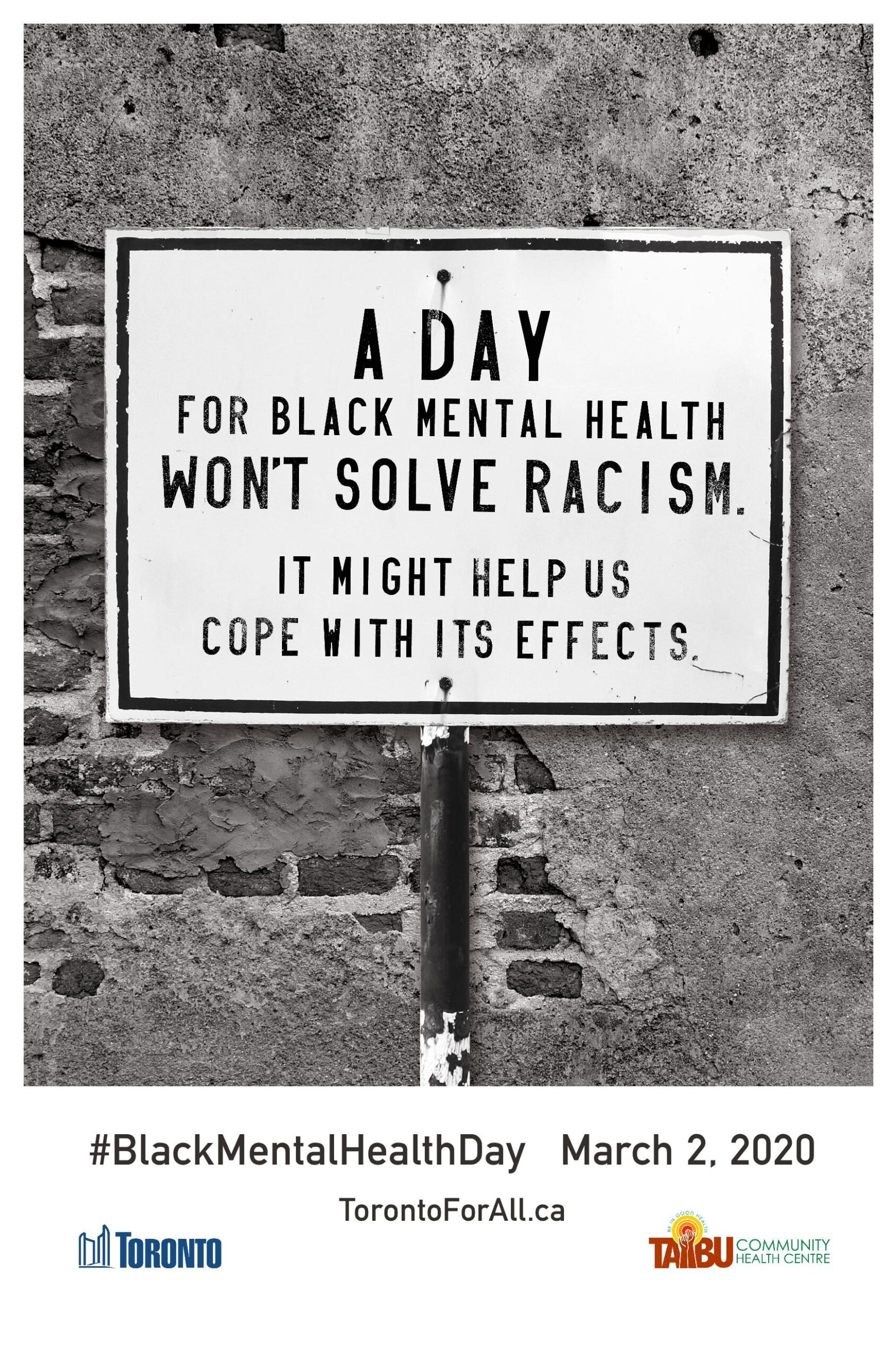
Asmita Munde
Toronto proclaimed March 2 as Black Mental Health Day to strongly address and confront Anti-Black racism in the city.
“Following celebrations of culture and heritage during Black History Month, the first Monday of March represents reflection and new beginnings,” said Liben Gebremikael, the executive director of the TAIBU Community Health Centre in the Malvern community in Scarborough.
Black Mental Health Day emerged out of the conversation that took place between the city and the Community Advisory Committee at TAIBU while finding a way of continuing the conversation on the topic.
This day was a part of the Toronto For All campaign that addressed racism-related impacts on the mental health of the community and the action required to make culturally-safe mental health services easily accessible.
“This campaign was developed as mandated by Action 22.2 from the Toronto Action Plan to Confront Anti-Black Racism,” Gebremikael said.
Action 22.2 states – “Provide public education on how anti-Black racism negatively impacts the health of people of African descent including being a trigger for mental illness.”
The City of Toronto started implementing the five-year plan – Toronto’s Action Plan to Confront Anti-Black Racism in 2018.
The plan has five themes, 22 recommendations and 80 actions the city will undertake to the issues affecting the well-being and cultural safety of the Black community in Toronto.
The action plan stated the different disparities faced by Black Torontonians, including that Black Torontonians are “victims of 85 per cent of hate crimes in Toronto where racism is the motivating factor.”
The U of T Black Medical Students’ Association hosted a speaker series to discuss mental health in the Black community on March 2.
Donna Alexander, a social worker for CAMH, told the audience to reflect on the lack of culturally safe mental health services for the community, and how racism plays a role at every level to provide and access these services.

The action plan recommends Improving the quality and availability of City-programmed community mental health services for Black Torontonians.
“Toronto is arguably the most racially diverse city in the world,” Alexander said. “There is not a lot of diversity among clinicians. Clinicians are overwhelmingly white and female.
“There are no coordinated approaches in terms of the provision of culturally safe affirming care for clients with addiction and mental health issues,” she said.
Alexander said the support and the need would be the level of resources that should be allocated to the community.
She said there are very few Black mental health professionals and service providers in the city, making it difficult for the community to get culturally safer access to the services.
“Cultural safety means having access to people that understand the cultural differences,” Alexander said.
She said the approach should not just be a Eurocentric or medical model, but from an Afrocentric model that can help clients deal with structural racism they face every day that can contribute to the deterioration of their mental wellbeing.
“We believe that this provides hope as the barriers, challenges and negative experiences impacting the mental health and well-being of Black communities are being acknowledged by an Institution such as the City of Toronto is a good beginning,” Gebremikael said.

